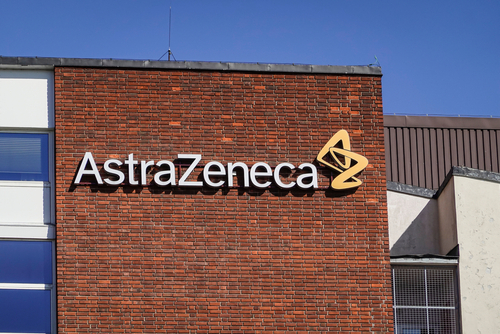
The United Kingdom-based biopharmaceutical company AstraZeneca launched phase 3 testing of its potential COVID-19 vaccine — AZD1222 — in the United States this week, with plans to enroll as many as 30,000 adult volunteers across 80 testing sites.
AZD1222 was originally developed by Oxford University’s Jenner Institute and Oxford Vaccine Group, using a non-replicating chimpanzee adenovirus to deliver a SARS-CoV-2 — the virus that causes COVID-19 — spike protein to cause a bodily immune response. AstraZeneca licensed the vaccine for further development.
“Safe and effective vaccines will be essential to meet the global need for widespread protection against COVID-19,” Dr. Anthony Fauci, director of the National Institute of Allergy and Infectious Diseases (NIAID), said. “Positive results from preclinical research led by NIH scientists supported the rapid development of this vaccine candidate, which has also showed promise in early-stage clinical trials.”
NIAID scientists conducted a preclinical study of AZD1222 on mice and rhesus macaques. During that study, a single dose granted quick immune responses, shielding six of the macaques from virus-induced pneumonia. A subsequent phase 1 trial in the U.K. offered similarly promising results. Still, other trials are ongoing, including phase 2/3 trials in the U.K. and Brazil, and a phase 1/2 trial in South Africa.
“We are pleased that AZD1222 demonstrated safety and immunogenicity across all adult age groups and are proud to be collaborating with BARDA and NIAID to accelerate the development of this vaccine,” Mene Pangalos, executive vice president of AstraZeneca BioPharmaceuticals R&D, said. “Should clinical trials demonstrate the vaccine protects against COVID-19 disease and is approved for use, we will work hard to make it globally available in a fair and equitable manner as rapidly as possible.”
The phase 3 trial in the United States is offered through the multi-agency federal effort known as Operation Warp Speed, meant to accelerate the development, manufacturing, and distribution of COVID-19 countermeasures. NIAID and the Biomedical Advanced Research and Development Authority (BARDA) are both helping fund the trial.
For the trial, anyone 18 years and older can volunteer. Participants will be randomly assigned to the investigational vaccine group or the placebo group, with the exact distribution kept blind to both investigators and participants. Two injections will be issued over four weeks. The main goal is to see if AZD1222 can prevent symptomatic COVID-19 after two doses and whether it can prevent infection regardless of symptoms, including severe cases.
Participants will be studied for two years after their last vaccination.




